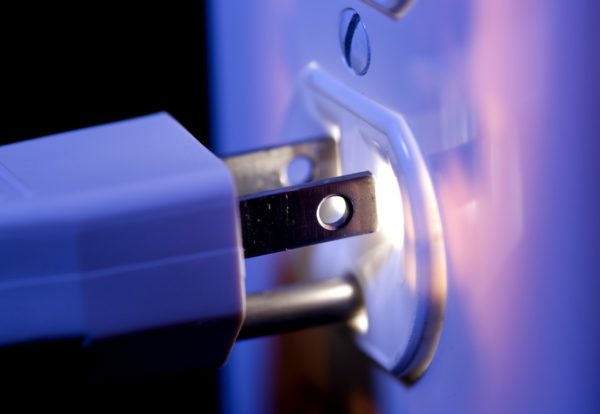Can an Oil Furnace Operate Without Electricity?

Though oil furnaces are no longer as popular as they once were, many oil heaters are still used today across the U.S. Since these furnaces use oil to function, you might be wondering if your unit can operate when the power goes out.
Do Oil Furnaces Need Electricity to Run?
Yes, all oil furnaces require electricity to run. Even though the primary heat source comes from oil combustion, some of the components won’t work without electricity. These components include everything from the oil pump to the ignition.
Furnace Components That Run on Electricity
Despite oil being flammable, it needs a spark to ignite. This spark is created with an electric igniter. Some additional components that run on electricity include:
- Oil pump
- Blower motor
- Circulator pump
- Thermostat
- Safety sensors
How Much Power Is Required to Operate a Furnace?
It takes an average of 2,500 watts of electricity for an oil furnace to be operational, which is far lower than the 15,000-watt minimum of electric furnaces. The exact electricity requirements for your oil furnace should be detailed in your owner’s manual or on the furnace label.
This label is found under a panel or cover that you can remove by hand. When searching for the electricity requirements of your unit, look for the “watts” designation, which could be abbreviated to a capital “W.”
If your oil furnace has stopped working or isn’t distributing heat properly throughout your home, our technicians can diagnose the problem and provide quick repairs. If necessary, we can install a full replacement. Our heating and cooling services include repair, maintenance, and installation services for any unit. We also offer many other residential and commercial services, which include duct cleaning, commercial HVAC service, water heater service, and smart home installs. Call Peters Associates in Philadelphia today to request service!
